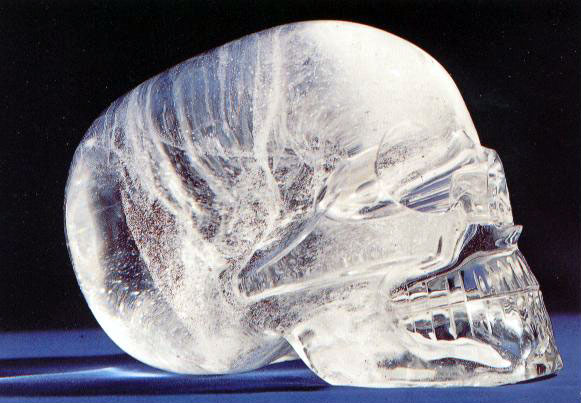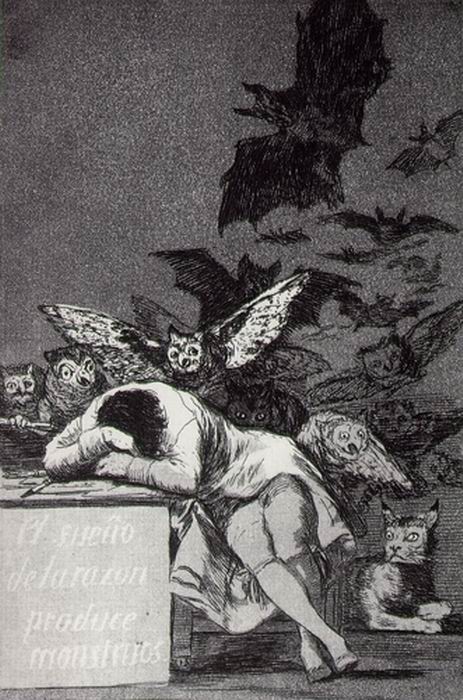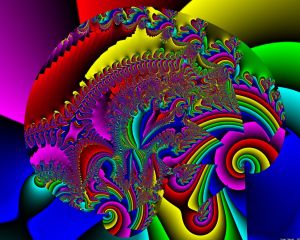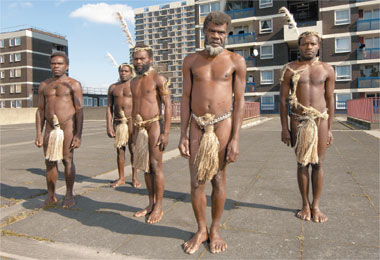Great Books for Teenage Boys: No. 4 & No. 5 - The Man In The High Castle / A Scanner Darkly
/
OK Ariel, I know this is long overdue, but at least you get two recommendations this time...
The Man In The High Castle, by Philip K. Dick.
And...
A Scanner Darkly, by Philip K. Dick. I couldn’t decide between them, so… read them both.
Philip K. Dick is the North American Borges (and if that doesn’t mean anything to you Ariel, don’t worry, Jorge Luis Borges is coming up soon…) Philip K. Dick (like Borges) is obsessed with the nature of reality. Dick tries to look behind the surface of things (behind the cars and jobs and furniture, behind politics and status, jokes and gravity, faces and skin) - behind the assumptions we make without even noticing we’re making them. Dick thinks that when we think we’re looking at the world, we’re merely looking into a mirror that reflects our own beliefs and prejudices. Dick, like Borges, believed there was a world behind that mirror, hidden from us, that was infinite and strange. That contained patterns which connected the points of chaos we perceive as life.
And their main vices are, appropriately, mirror images of each other. Borges wrote too little (his collected fiction makes a single fat book). Dick wrote too much (over seventy titles).
Philip K. Dick couldn’t get his early attempts at “normal” novels published, so he ended up, almost accidentally, writing science fiction. (To fail at being normal is to succeed at being weird.) Science fiction was the only publishing genre that saw the deep peculiarity of his worldview as a virtue rather than a vice, but SF didn’t pay well. (Its word-rates assumed you were pumping out disposable industrial product, as many SF writers were.) And so Philip K. Dick wrote fast, on speed, for money. At his speediest, he wrote eleven books in two years. As a result, many of his books have wonderful philosophical ideas, undermined by clunky, first-draft prose.

The Man In The High Castle is one of the few books he had time to rewrite and polish, so it reads better than most of his work. (And it won him his only award, a Hugo). It’s an alternate-history novel, where the Allies have lost World War Two. It’s set in a Japanese-occupied America. There are rumours that a reclusive novelist has written a book which describes the real universe, in which the Allies won the war… The hero tries to track down the writer, and the book. You slowly realise that perhaps neither of these universes is our own…
His other best book, from later in his career, is A Scanner Darkly, but you’d want to be in the whole of your health to read it. A book about paranoia that’s so powerful it can induce paranoia, it stars a man who goes so far undercover to investigate a drugs ring that he ends up ordered to spy on himself. It may be the best book about drugs ever written.
The Man In The High Castle strips off layers of physical reality to see what lies behind. A Scanner Darkly
does the same with our psychological reality.
Good luck out there.
Good luck in there.




